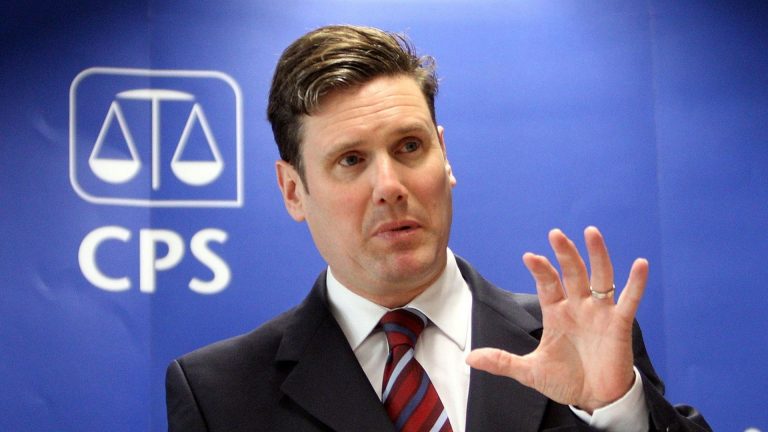
Analysts predict that Tron (TRX) will reach $1 by 2025. Meanwhile, Remittix is gaining ground as the next big XRP rival. With its innovative features and growing presale interest, Remittix could experience a staggering 12,000% rally in the coming years. Investors should watch these promising tokens closely as they prepare for explosive growth in 2025.
Remittix Set to Foster Global Crypto Adoption
Remittix (RTX) aims to revolutionize the financial market with cutting-edge technology, following a path similar to XRP. While XRP’s influence wanes, savvy investors are shifting their focus to Remittix’s PayFi solution, which promises seamless cross-border trading.
The protocol enables users to make global crypto-to-fiat payments. Using its native RTX token, Remittix allows instant cryptocurrency conversion into fiat, depositing funds directly into the recipient’s bank account regardless of location.
Unlike traditional services like Stripe and Wise, Remittix eliminates crypto and fiat transaction limitations, fostering global crypto adoption. The protocol simplifies the process with a fast, user-friendly system that sets it apart. All transactions run through fully audited smart contracts, ensuring 100% security and preventing slippage. Additionally, its transparent approach provides users with access to immutable public ledgers.
Remittix also offers staking rewards for long-term RTX holders. Regular investors can earn up to 8% APY, while VIP-tier participants receive an impressive 18% APY. At a current price of $0.0167, RTX tokens present a prime opportunity for early investors. With its innovative solutions and growing momentum, Remittix could soon rival the success of XRP.
How Did Tron (TRX) Perform in 2024?
Tron’s (TRX) price hit an all-time high of $0.44 during the first week of December 2024, breaking previous records amid a crypto-wide bull run spurred by Donald Trump’s presidential win. Despite this surge, TRX has struggled to maintain its momentum, falling over 43% from its peak and hovering around the $0.25 level for nearly two weeks.
However, the crypto community is optimistic about Tron’s current performance. Tron’s monthly revenue has also increased, up 39.7% in the past thirty days, to $330 million. This increased network revenues for the last ninety days to $764.11 million
The third quarter of 2024 marked a significant boost for Tron, fueled by the success of SunPump, its platform designed for meme coin token launches. Launched on August 16, SunPump experienced rapid growth, contributing to a remarkable 115% year-on-year increase in total revenue for 2024, now at $2.12 billion.
This impressive revenue surge places Tron at the top of blockchain revenue charts for 2024, surpassing Ethereum, which earned $2 billion. With substantial financial growth and increasing network activity, Tron continues gaining momentum in crypto.
Ripple’s XRP Ledger Has Hit An Impressive Milestone
Following the broader crypto market’s trend, the value of XRP has increased by 11.6% in the past week. Analysts believe that if this positive momentum continues, XRP could reach $3.
XRP Whale, a well-known analyst, predicts XRP could rise to $3.3 in the coming weeks. Their chart analysis shows XRP trading within an asymmetrical triangle, with $2.5 as a critical breakout point. Another expert, Mikybull Crypto, is even more bullish, suggesting that XRP’s next target could be $4.
In addition to this positive price action, Ripple’s XRP Ledger has exceeded over 93 million accounts and is close to 100 million. This increasing adoption demonstrates XRP’s utility and its place as a top coin in the crypto market.
Analysts Believe Remittix Could Rise by 12,000%
Many crypto projects are struggling, but Remittix has unique features and massive growth potential. The project is quickly becoming one of the top presale tokens of the year. Investors are moving away from Tron and XRP and flocking to Remittix.
Analysts project the Remittix (RTX) price could soar 12,000% by 2025. With such growth expectations, Remittix is becoming a highly lucrative investment opportunity for those looking to capitalize on the subsequent big crypto success.
Discover the future of PayFi with Remittix by checking out their presale here:
Website: https://remittix.io/
Socials: https://linktr.ee/remittix
Disclaimer: This is a sponsored press release and is for informational purposes only. It does not reflect the views of Crypto Daily, nor is it intended to be used as legal, tax, investment, or financial advice.



















+ There are no comments
Add yours